Our research targets the areas our community need most, in conditions where we may have the greatest impact. It is directed toward removing barriers to access and levelling disparity of outcomes.
With the majority of our affiliates being clinicians in a major tertiary hospital right across the road, we are set up to rapidly translate our research into real life impact.
And because South Western Sydney is, demographically speaking, a microcosm of the world, the impact we create is ready-made for global application.

Cancer is the leading cause of death in Australia, with one in two men and one in three women diagnosed with the disease during their lifetime.

Our researchers and clinicians are focused on delivering new cures for Australia’s biggest killer – heart disease.

The first 2000 days of life are a critical period, and interventions during this time can result in major improvement to children’s health and development.

Cancer is the leading cause of death in Australia, with one in two men and one in three women diagnosed with the disease during their lifetime.
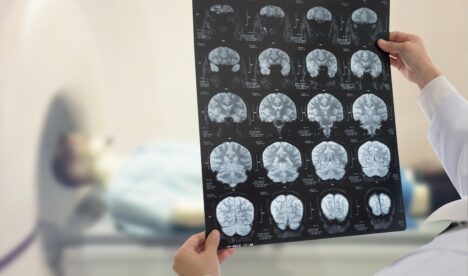
40% of strokes occur in people under the age of 50, including children as young as 13.
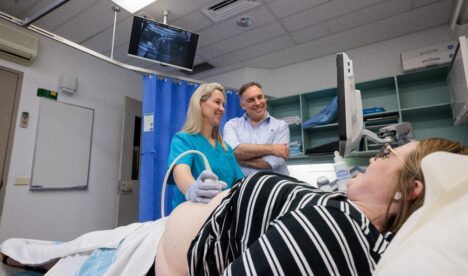
The most dangerous day of your life is the day you are born. If you are a woman, the second most dangerous day is when you have a baby.

The latest in Ingham Institute’s mission to achieve global health equity through translational research – this time with a health tech twist.

The heart of Allied Health research is helping people to live well in the community.
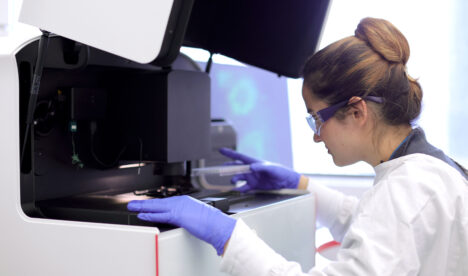
Inclusive and accessible clinical trials are essential to ensuring that medical treatments are safe, effective, and equitable for diverse populations.
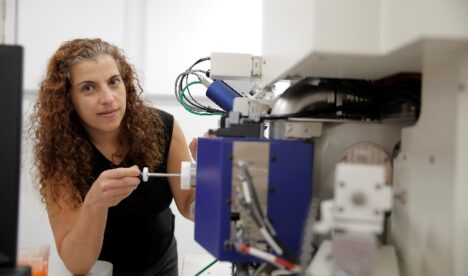
From the organ level to the single molecule. Ingham Institute’s Correlative Microscopy Facility houses one of the most powerful microscopes of its type in the world

Nursing and midwifery research is led by practising clinicians, so outcomes can quickly inform and improve healthcare practice at the bedside.

Improving outcomes for people who have experienced traumatic brain injury.
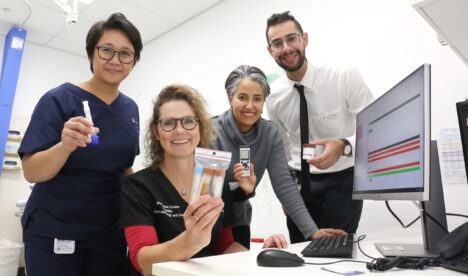
One of Australia’s leading clinical and research units in liver disease, liver cancer and inflammatory bowel disease, this group combines high-volume, high-acuity clinical care with internationally...

Oral health can impact conditions such as cardiovascular disease, diabetes and stroke.

The Women’s Health Initiative Translational Unit (WHITU) is a group of clinicians, midwives, scientists, allied health professionals and lived experience consumers who have a common goal:...